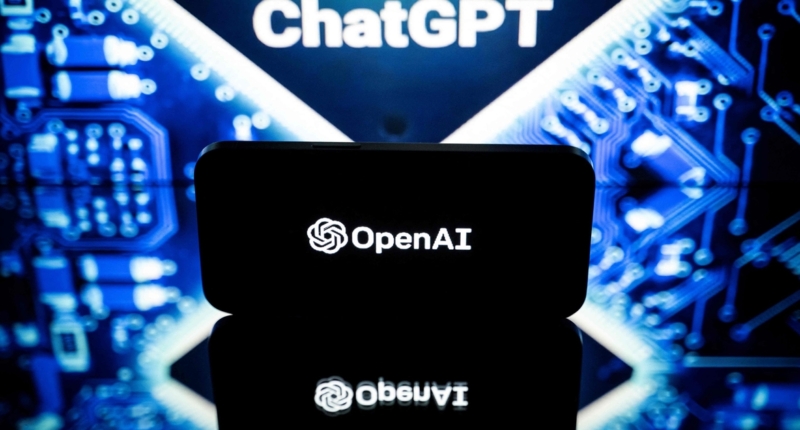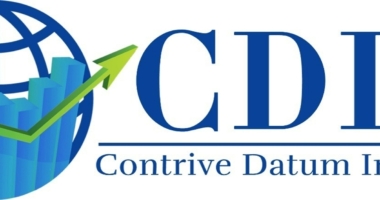Transformer is a powerful language processing tool that operates like a “fill in the blank” game. It guesses the next word in a sequence by paying “attention” to the context and has been trained on essentially everything. Large language models like ChatGPT can be used in healthcare to interact with healthcare data online. However, depending on the questions asked, the results may be conflicting, and there is a risk of spreading misinformation and conspiracies. These technologies are not alive or thinking, but they can fake it. It’s crucial not to act on information gathered from these models until consulting with a trusted doctor, especially in healthcare where your life may be on the line. The just-released GPT4 is an iterative improvement over ChatGPT3.5 with new capabilities and almost incredulously jaw-dropping output. The top five most important keywords from the content are: transformer, large language models, healthcare, ChatGPT, artificial intelligence.
ChatGPT and its Use in Healthcare
ChatGPT has become ubiquitous in technology and is considered the hottest item currently. However, it is overhyped, and it is important to differentiate facts from fiction. Dr. Loh, a cardiovascular disease management physician with over four decades of experience in private practice and clinical research, discusses ChatGPT and its validation.
Dr. Loh has been the chief medical officer and co-founder of an artificial intelligence in healthcare company in the European Union for the past decade. The company is deployed in 30 countries and operates in 20 languages, with a focus on clinical decision support. Over the years, Dr. Loh has given lectures on artificial intelligence and the future of medicine to healthcare professionals at national meetings, specialty organizations, and hospitals.
ChatGPT stands for generative pre-trained transformer, with “generative” AI meaning that it creates new text when given a prompt or request. “Pre-trained” means that it pulls information from massive sources such as the entire internet and Wikipedia. ChatGPT3, released in November 2022, was trained on 175 billion data points and stopped learning at the end of 2021. Recently, ChatGPT4 was released in mid-March, and it has been trained on trillions of data points, and the company that created it is being more secretive about exactly how it was trained.
Transformer is a special type of neural network that is an architecture for deep learning, a strategy for machine learning that was published by Google in 2017.
Overall, ChatGPT has been widely adopted in healthcare, with its primary focus being clinical decision support. With the release of ChatGPT4, healthcare professionals will need to stay up-to-date with its advancements and ensure that it is used appropriately. While the technology has the potential to revolutionize healthcare, it is essential to sort out facts from fiction to ensure the best outcomes for patients.
Transformer: A Powerful Tool for Language Processing
Transformer is a language processing tool that operates like a “fill in the blank” game. It guesses the next word in a sequence by paying “attention” to the context and has been trained on essentially everything, making it very good at figuring out mathematical relationships between words. This fluid and fluent output is part of its charm, but also central to its danger, as it does not understand what it is putting out. If it doesn’t have a good match, it makes one up, or “hallucinates” or becomes a bit delusional, but it sounds good while doing it.
Furthermore, Transformer learns from its users and the internet, including bigotry, racism, and intolerance. Microsoft pulled its early large language model, Tay, a few years ago because of this reason, and Facebook pulled its for the same reason. The newest versions from tech companies like OpenAI, which created ChatGPT, have improved guardrails for evaluation and improvement. The CEO of OpenAI has been very honest about this technology, stating that ChatGPT is imperfect and will make mistakes, and not to trust it implicitly for things that really matter.
In healthcare, large language models like ChatGPT will be the interface that clinicians and patients can use to interact with healthcare data online. Unlike Google, the results are delivered in a conversational format and structured to be compelling. However, depending on the questions asked, the results may be conflicting, and there is a risk of spreading misinformation and conspiracies. These technologies are not alive or thinking, but they can fake it.
It’s essential to use these new tools for information gathering, but it’s crucial not to act on that information until consulting with a trusted doctor. In healthcare, your life may be on the line, so it’s essential to be cautious. The just-released GPT4 is an iterative improvement over ChatGPT3.5 with new capabilities and almost incredulously jaw-dropping output. These fantastic technologies will require human help to improve, and we must be careful when using them.
Don’t miss interesting posts on Famousbio










